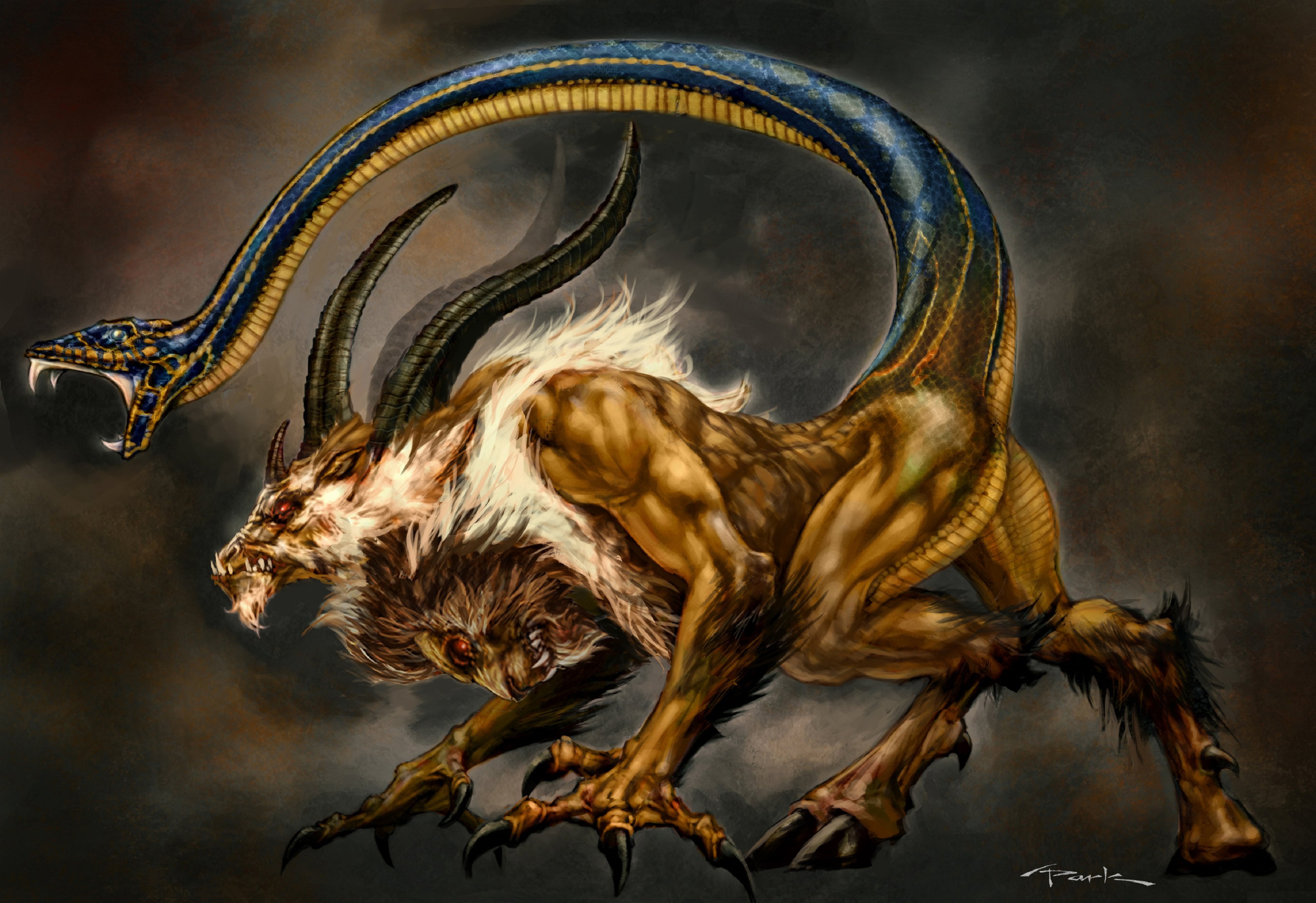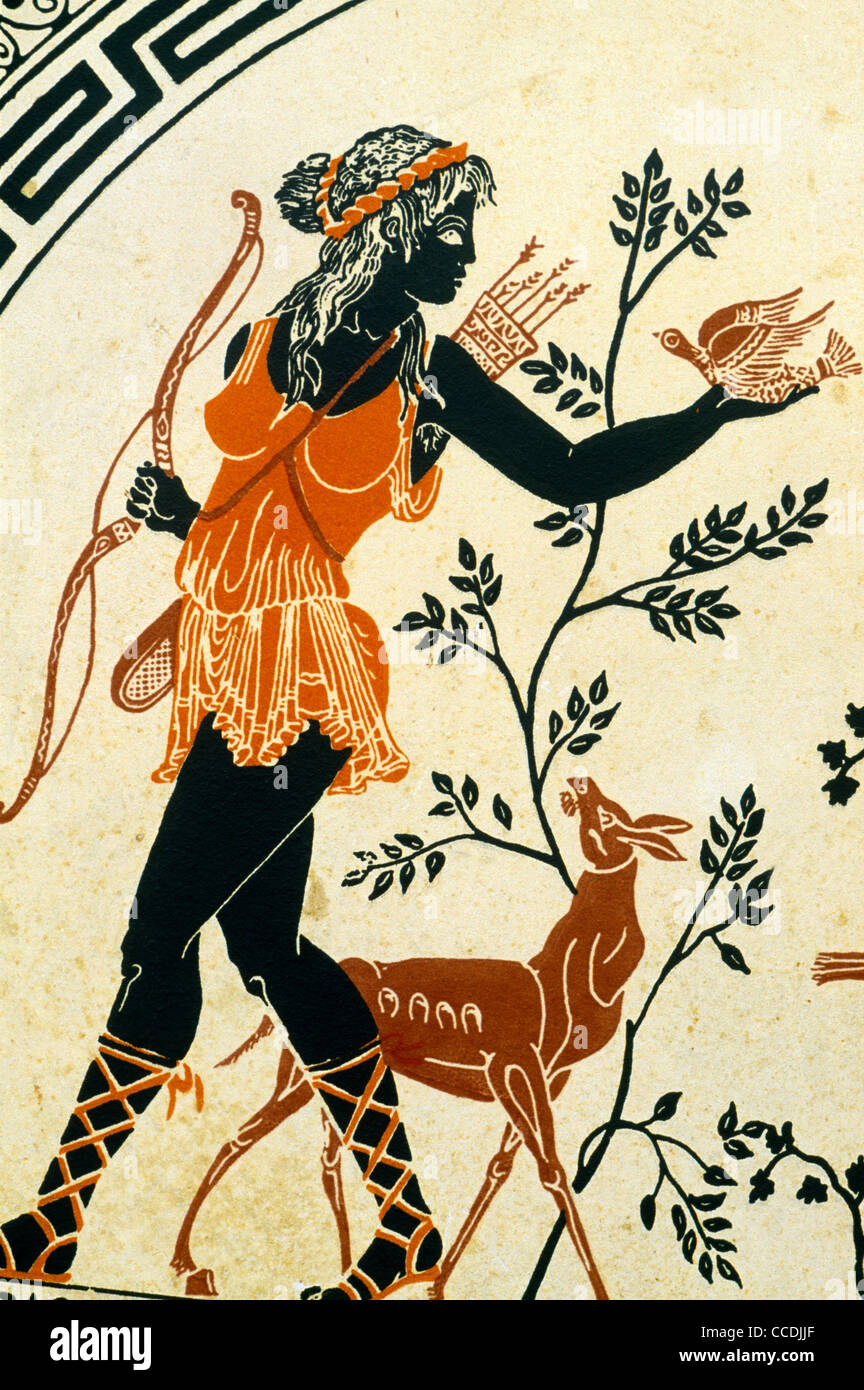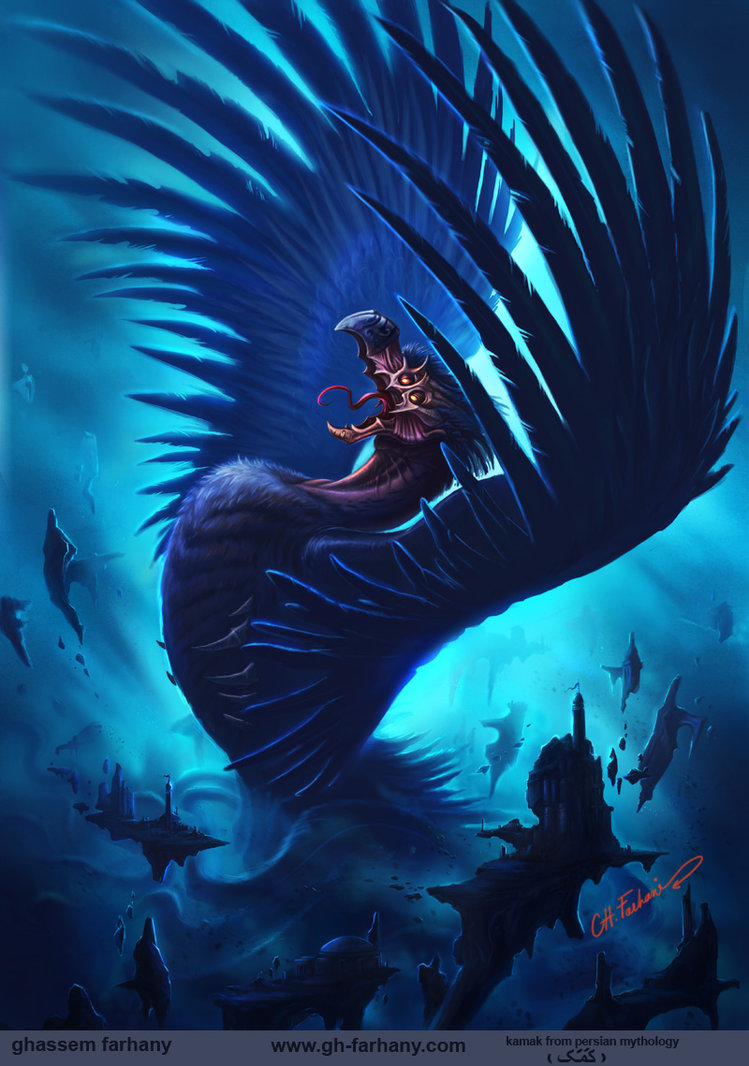
Can You Name These Following Creatures from Greek Mythology?? Greek mythology gods, Greek
The Greek god of animals is the Greek goddess Artemis. She is the daughter of Zeus, the god of the sky, and Leto, the goddess of motherhood. Her twin brother is Apollo, the god of medicine, music, and poetry. In addition to animals, Artemis is also the goddess of hunting and nature. The Early Life of Artemis

Greek God Symbols, Sacred Animals And Plants The Full List
1. Zeus Zeus is the Greek god of the skies. His brothers are Poseidon and Hades. Poseidon is one of the Twelve Olympians, while Hades is not. Zeus had three sisters, Hestia, Demeter, and Hera. Zeus is considered the king of all the gods. 2. Poseidon Poseidon is the Greek god of the seas.

Griffin by Devilkate Mythological creatures, Mythical creatures, Greek mythology gods
Zeus Sacred Animal Eagle, Bull The king and father of the gods, Zeus, who commanded the sky, lightning, and thunder, had the capacity to turn into various animals. He did that often when pursuing and accosting women he wanted to be amorous with. Of these animals, Zeus was mostly associated with the eagle and the bull.

Greek Chimera Greek mythological creatures, Mythological creatures, Chimera mythology
Artemis is known as the goddess of the hunt and is one of the most respected of all the ancient Greek deities. It is thought that her name, and even the goddess herself, may even be pre-Greek. She was the daughter of Zeus, king of the gods, and the Titaness Leto and she has a twin brother, the god Apollo.

Chimera, the Mythical Creature
Eagle, Bull Zeus was not only the father of gods and god of the sky, but also known for his keen ability to transform into various animals. This gave him an advantage when abducting women he desired, as he could assume the form of a powerful creature like an eagle or swan. These beasts were (and still are) considered symbols valor and sovereignty.

Greek God Symbols, Sacred Animals And Plants The Full List
Artemis-Diana with lunar-crescent, Greco-Roman marble statue, Chiaramonti Museum, Vatican Museums ARTEMIS was the Olympian goddess of hunting, wild animals, children and birth. This page describes the goddess' various divine roles and privileges including hunting and wild animals, birth and children, maiden dance and song, sudden death and disease, and her identification with Selene, Hekate.

Greek God Symbols, Sacred Animals And Plants The Full List
Chimera. A monstrous fire-breathing hybrid creature with the body of a lion, the head of a goat, and a tail with a snake's head. Creatures Arachne In Ancient Greek mythology, gods and goddesses regularly interacted with mere mortals. In most cases, the greek gods did acts that were worthy of praise and worship.

Favorite animals of famous Greek Gods. Animals Greek gods, Greek mythology gods, Greek myths
Poseidon, the fearsome god of the sea, was closely associated with dolphins, horses, and fish. Credit: Dosseman/ CC BY-SA 4.0 / Wikimedia Commons. Poseidon, the formidable god of the sea, had three sacred animals closely associated with his dominion. Chief among them was the horse, embodying strength, beauty, and valor.

Artemis Greek Goddess Of The Hunt, Wild Animals, Wilderness, Childbirth And Virginity Stock
A mythological creature (also mythical or fictional entity) is a type of fictional entity, typically a hybrid, that has not been proven and that is described in folklore (including myths and legends), but may be featured in historical accounts before modernity. Something mythological can also be described as mythic, mythical, or mythologic.

Greek God Symbols, Sacred Animals And Plants The Full List
The ancient Egyptians portrayed their gods as animals or as humans with the heads of animals; Bastet was a cat goddess and Horus a hawk god. Although supernatural animals such as Pegasus, the winged horse of Greek mythology, were not gods themselves, they were often created, given power, or protected by the gods..

Hydra wallpaper, Mythical creatures, Greek hero
Aztec Chinese Hecate Greek Goddess of Witchcraft : The Complete Guide What Were the Hamadryads in Greek Mythology? The Hades and Persephone Story Was the Griffin a Bird from Greek Mythology? Famous Greek Animals in Mythology Greek mythology is filled with fantastic beasts and monsters, but many more familiar animals are featured as well.

Greek God Symbols, Sacred Animals And Plants The Full List
This page is a list of the names of Greek gods in ancient mythology and their roles. It will be continually updated with additions, corrections and more information on each of the gods. Achelous The patron god of the "silver-swirling" Achelous River. Aeolus Greek god of the winds and air Aether

Greek God Symbols, Sacred Animals And Plants The Full List (2023)
Artemis, in Greek religion, the goddess of wild animals, the hunt, and vegetation and of chastity and childbirth; she was identified by the Romans with Diana. Artemis was the daughter of Zeus and Leto and the twin sister of Apollo. Among the rural populace, Artemis was the favourite goddess.

Greek Mythological Gods & Figures Beasts and Creatures
Key Points Many of the animals represented in Greek mythology have supernatural characteristics, such as multiple heads or the combination of one or more animals. Some animals found in Greek mythology have close ties to Greek deities like Poseidon, Zeus, and Helios.

Illustrations by Nisreen Khuzaima at Greek Mythological Creatures, Mythological
In ancient Greek religion and mythology, Artemis ( / ˈɑːrtɪmɪs /; Greek: Ἄρτεμις) is the goddess of the hunt, the wilderness, wild animals, nature, vegetation, childbirth, care of children, and chastity. [1] [2] In later times, she was identified with Selene, the personification of the Moon. [3]

Zeus, God of Gods painted by ZabaLukas Greek Mythology Tattoos, Greek Gods And Goddesses, Greek
Eagle, Bull Zeus was the father of the gods, the god of the sky, of thunder, and of lightning. He was well-known for his frequent transformations into animals, in the form of which he abducted the women he was in love with.